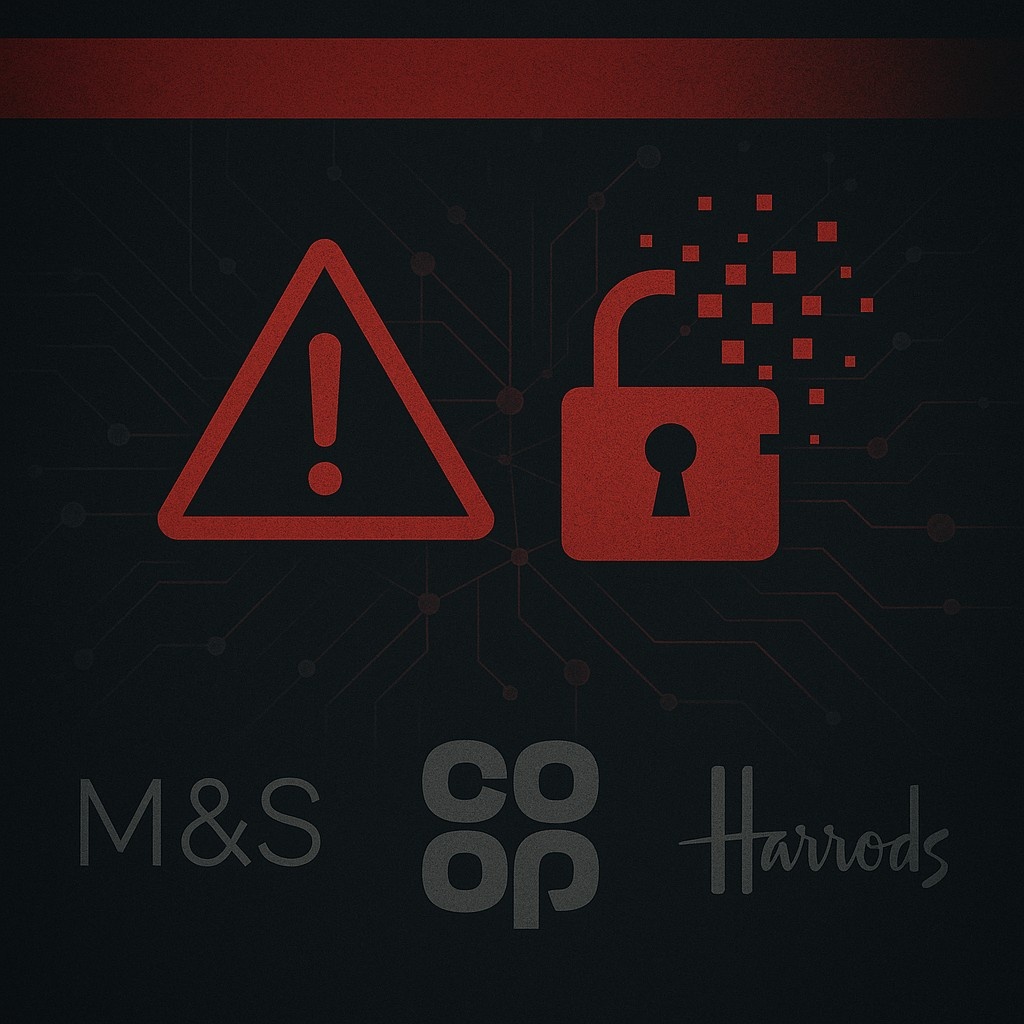Cheshire Police Becomes First in UK to Use AI to Detect Stalking Patterns in Real-Time
In a significant step towards using artificial intelligence for public safety, Cheshire Police have officially become the first police force in the UK to deploy an AI-powered system to help identify stalking behavior — not after the damage is done, but while it’s still unfolding.
The system, developed in partnership with the University of Warwick and the University of Leeds, is already operational and is aimed at spotting patterns of stalking during initial victim interactions. This includes analyzing calls to emergency services — even in cases where the victim doesn’t directly use the word “stalking.” It’s a bold shift in how law enforcement is approaching the early detection of what is often a subtle but escalating form of abuse.
Real-Time Detection While the Victim Is Still Speaking
At the core of this deployment is one powerful idea: intervene earlier.
The AI system, trained on a vast dataset of previous stalking incidents and behavioral markers, listens in real-time to the information shared during calls to Cheshire Police’s Harm Reduction Unit. If certain patterns emerge — like repeated unwanted contact, surveillance behaviors, or coercive threats — the system flags the case for potential stalking, prompting officers to act more quickly.
What’s game-changing here is that the AI can detect these red flags even if the victim themselves doesn’t identify the behavior as stalking — a common occurrence in emotionally complicated or coercive cases. Often, stalking is misunderstood or minimized until it escalates into full-blown harassment or even violence. By recognizing subtle signs earlier, this AI tool aims to disrupt that trajectory before it gets worse.
A Human-AI Partnership, Not a Replacement
“This isn’t about taking over policing. It’s about supporting our teams with tools that help them spot patterns faster, and protect victims sooner,” she said.
Detective Chief Inspector Danielle Knox, who is overseeing the rollout, made it clear that the AI tool is not designed to replace the work of human officers — but to enhance it.
The AI is based on training data provided by Cheshire Police’s own Harm Reduction Unit in collaboration with the Suzy Lamplugh Trust — a UK-based charity that has been at the forefront of anti-stalking advocacy and victim support.
The project is backed by £300,000 in funding from the Police STAR Fund (Science, Technology, Analysis and Research) and is being closely monitored by other police forces as a potential model for wider rollout.
A Personal Toll: The Human Story Behind the Data
While the technology is impressive, the need for it is deeply human.
One survivor — referred to in media reports only as “Amy” — shared how her stalking case escalated slowly at first. She received repeated texts and unannounced visits, but it was only when things turned physical that police intervention kicked in.
“If this AI system had been in place earlier, they might have recognized the danger sooner,” she said.
Amy’s story is unfortunately far from rare. According to national figures, stalking affects over 1.5 million people annually in the UK alone. Many victims go months or years without recognizing the behavior as criminal, often because it doesn’t fit the extreme cases shown in the media.
This technology is designed to fill that gap — to recognize danger before it’s too late.
Why Cheshire, and Why Now?
So why is Cheshire leading the charge?
“We’re not waiting for problems to escalate. We’re using technology to get ahead of them,” Price said. “This AI isn’t just faster than a detective — in some cases, it’s 25 times more efficient at spotting patterns hidden in plain sight.”
According to Dan Price, Cheshire’s Police and Crime Commissioner, the county has taken a proactive stance on addressing violence against women and girls, particularly in domestic and interpersonal cases where stalking is often a precursor to more serious crimes.
He stressed that the system is constantly improving and learning. With every flagged case, it refines its understanding of what stalking looks like in real life — especially in situations where the language is ambiguous, or the victim is hesitant to call it what it is.
Could This Be the Future of Policing?
There’s no doubt the system has sparked interest across the country. Several other forces, including Greater Manchester Police and West Midlands Police, are reportedly monitoring Cheshire’s pilot closely, exploring whether a similar approach could be adopted regionally.
But the adoption of AI in policing isn’t without controversy.
Civil liberties advocates have warned against over-reliance on automated decision-making in law enforcement. Privacy, bias in datasets, and the potential for false positives remain valid concerns. Cheshire Police officials say they are aware of these risks and are approaching the system with “human oversight and ethical review at every stage.”
For now, the AI is not making arrests or pressing charges. It simply flags cases with likely stalking patterns and accelerates officer follow-up — a crucial step in a landscape where time can be the difference between safety and escalation.
A Quiet Tech Revolution in Law Enforcement
What’s happening in Cheshire might seem like a small experiment, but it reflects a much larger global shift: the integration of machine intelligence into real-world safety frameworks. From predictive analytics in U.S. city crime prevention to AI surveillance in European transit systems, police forces around the world are cautiously exploring how to use data to protect without overstepping boundaries.
The success or failure of this stalking detection AI could influence broader deployments across the UK — and even globally. If it works well, and responsibly, it might just become a new standard in how technology supports survivors of abuse.
For now, victims in Cheshire may have a new ally they didn’t know existed — a silent one that listens carefully, connects the dots faster than a human ever could, and acts before it’s too late.















